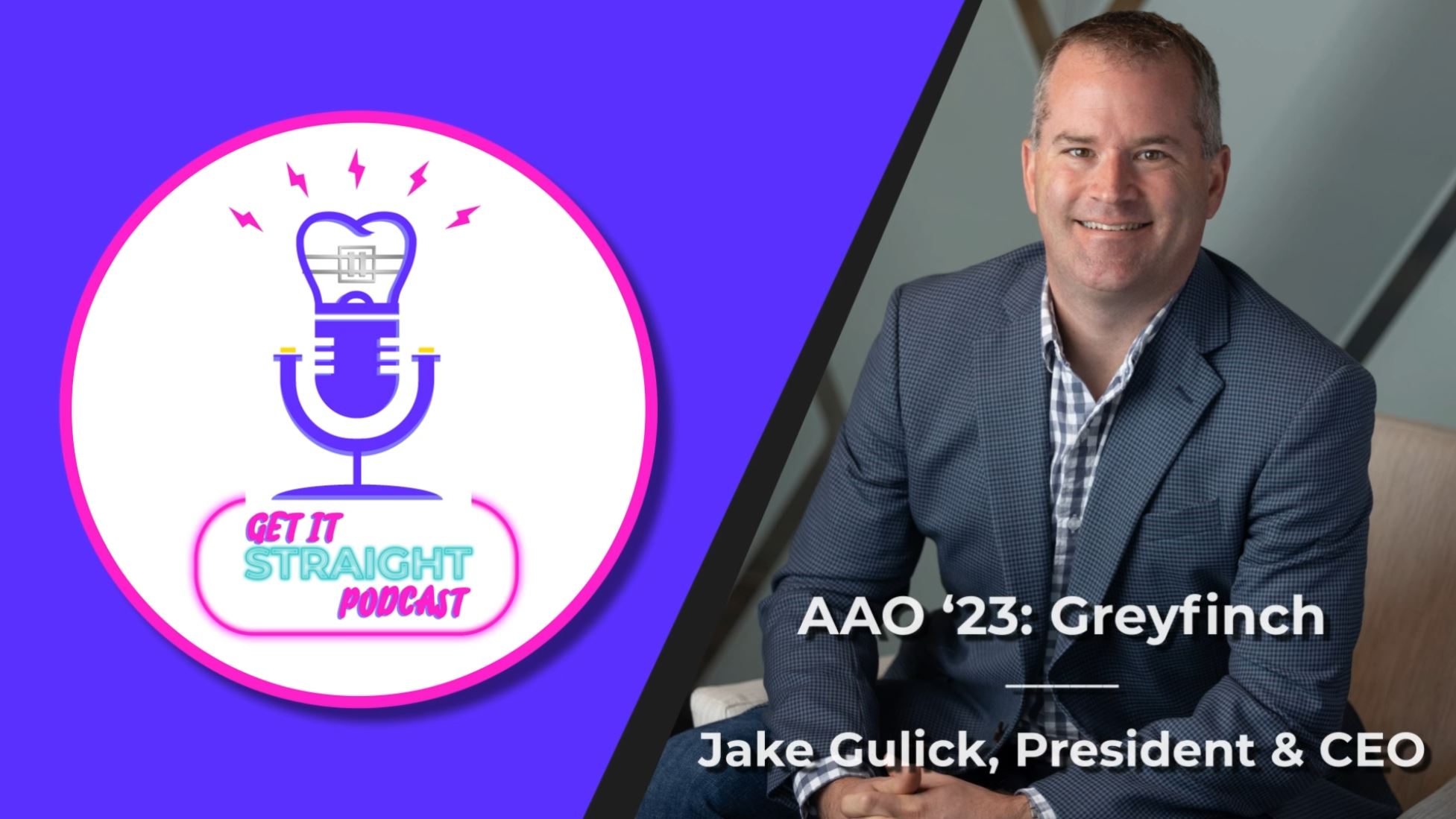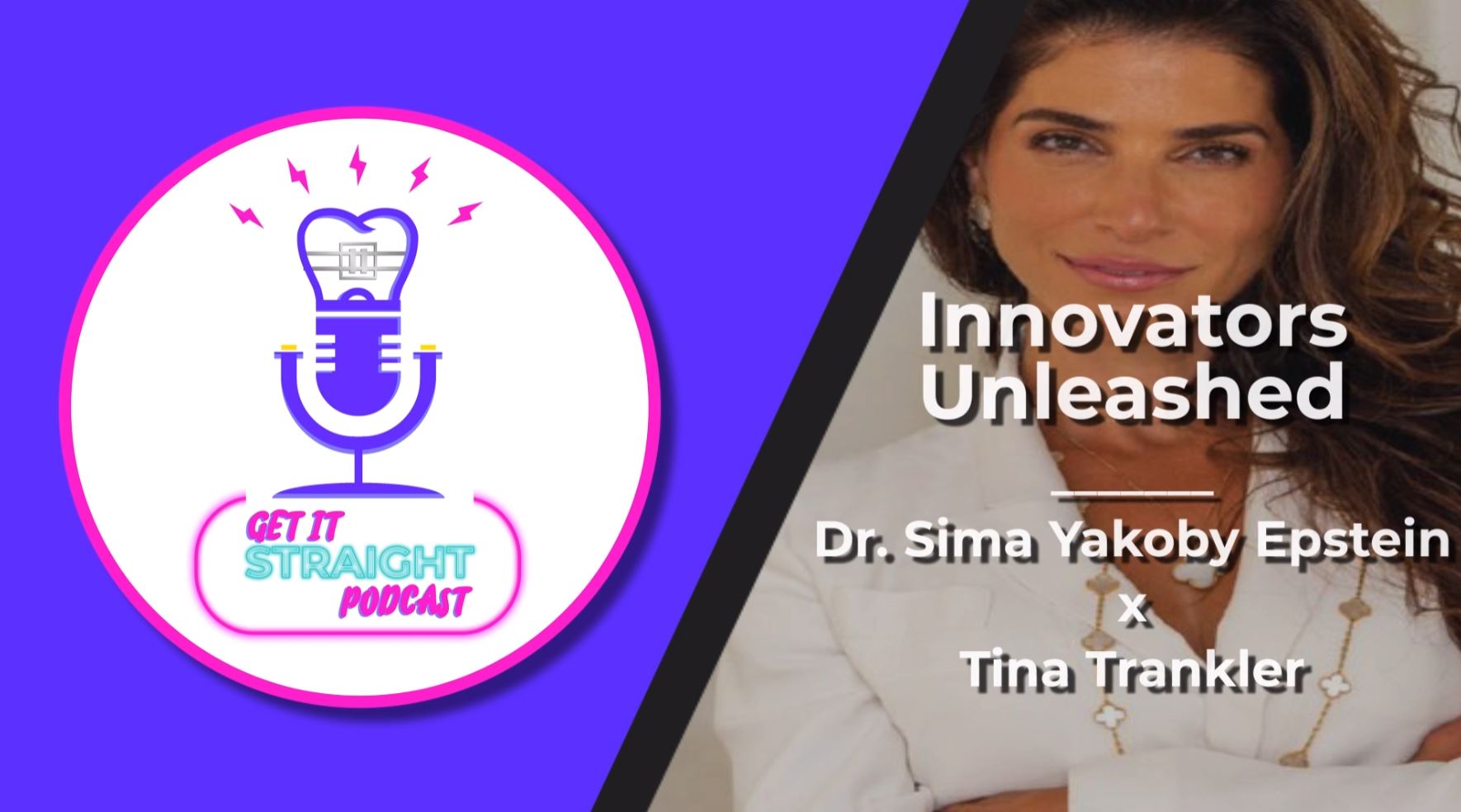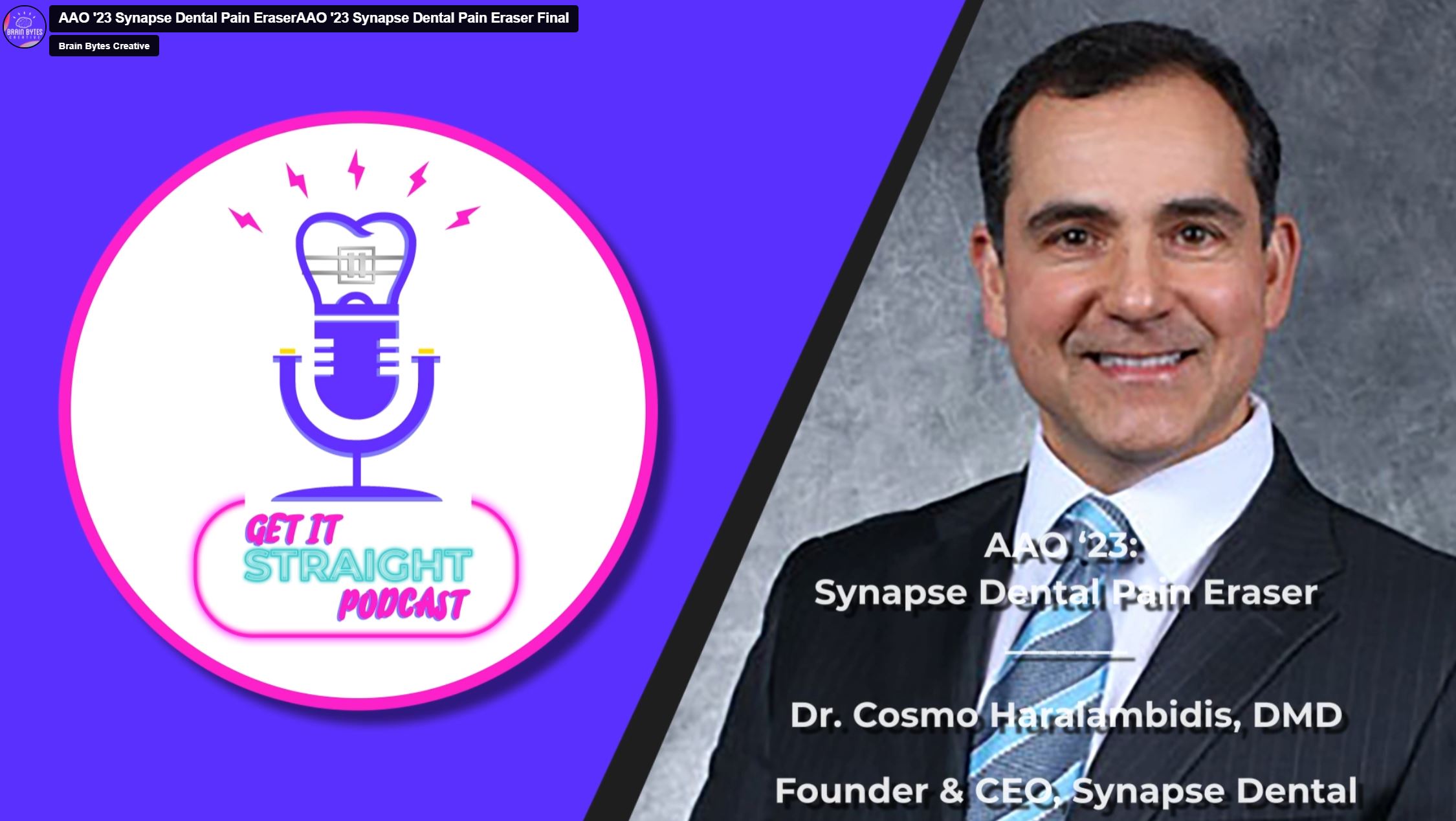Welcome to the BBC Book Club! Every year, the whole team reads a few books together and applies the lessons learned to ourselves — both in our work as digital marketers and in our personal lives.
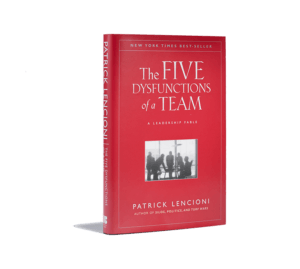
A while back, we found ourselves at an impasse: Our small digital marketing agency was growing. More and more work was coming in all the time. But many of our processes and standards were not optimized, and therefore not ready to scale.
We’d done well so far, but if we couldn’t get the team on the same page ASAP to start having real, open discussions about what we could do better… Our luck was going to run out.
So, in true Brain Bytes fashion, we decided to do a little research. That’s how we stumbled upon the timeless leadership fable The Five Dysfunctions of a Team, by Patrick Lencioni. It’s a short read, and a few of us quickly devoured it. Its effect was instantaneous.
The book gave us a new language with which to discuss our challenges, and a new framework with which to organize and process them. Within a few months, the majority of our team had read it. We were soon turning our processes and standards on their heads, and building ourselves into a new, better agency.
Now, it’s a permanent tool in our collection. In fact, we ask all new team members to read it when they join us. If this one little book could help our agency move from plateau to never-ending progress, we bet it could help you too.
Here are some of the BBC team’s most important takeaways from The Five Dysfunctions.
1) Management needs to prove they’re not full of shit.
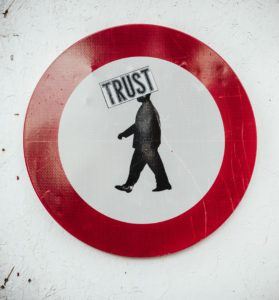
Would you tell your boss they messed something up? Would you tell your boss’s boss that the process they invented is flawed? Would you tell the owner and founder of the company where you work that they’re not doing a good enough job? At BBC, the answer is yes.
The first of The Five Dysfunctions is absence of trust. This means that team members — from the executive suite all the way down to the humble intern — don’t feel they can be genuinely open with each other. The fix sounds straightforward enough: Encourage people to be honest and forthright about what’s on their mind.
But in lack of trust, as in most work culture challenges, the fish stinks from the head. It’s one thing to push your employees to be trusting and open. But if a company had never actually proved itself as a “safe space,” then who in their right mind would feel ready to be open about mistakes, inefficiencies or other issues?
Want to push employees to truly be open and trusting? Management’s got to prove that they mean what they say first. Managers and executives should set the standard:
They should deliver feedback to each other, and show what it means to deliver and take it well. They should push themselves to be open with the whole team about their own mistakes and weaknesses. And they should do it all publicly.
At BBC, this process started with a round of feedback from everyone, to everyone — including the owners and founders of the company. Ever since then, our department heads have worked every day to effectively communicate feedback to each other and to the owners.
It sets an example for employees. It shows even the newest recruit, whether they’re fresh out of college or have a decade of experience, that we mean what we say: At BBC, we trust each other.
And we recognize that sometimes trust is really hard work. In fact, we’ve said before that to become a feedback-persistent company may require a significant shift in your organization’s culture. But in addition to making your company a better place to work, it can also save you from getting fired by clients, making it very much worth the effort.
At an agency, you don’t have time to not know the facts. If your employees are too nervous to speak up when they know something isn’t right, you’ve just made your own job 100 times more difficult. If your agency doesn’t promote trust at every level, you’ll never know how many opportunities you’ve missed to improve and prosper.
2) Learn the difference between facts and drama.

Digging into a challenge and coming up with clear insights is hard enough. Try doing it when everyone is walking on eggshells to avoid hurting each other’s feelings. Spoiler: It takes forever and you go nowhere.
Thus, Lencioni’s second dysfunction: Fear of conflict.
A lot of people are socialized to have an aversion to conflict, no matter what that conflict looks like. This is especially true in a world where people’s perception of you at work can affect your self-image and your career prospects:
No one wants to come off as insensitive or overly aggressive. No one wants to throw anyone else under the bus, or be called out for mistakes they made. And no one wants to be known as that coworker who shoots down people’s ideas.
This can be especially true for women. “Will they take my input seriously, or just think I’m being bitchy?” 
But what these people fail to realize is the difference between destructive conflict and constructive conflict. The former is based on emotions, and is dangerous. Destructive conflict is just drama between egos. It’s not focused on solutions or logic. It’s a waste of time.
But constructive conflict is merely ideological debate based on facts, and it’s absolutely critical to the success of your (or any) business. It’s not drama. It’s not an affront to someone’s identity.
But it will sometimes require “uncomfy” conversations where people will need to be open about mistakes and weaknesses, both their own and their team members’. And it’ll be worth it. In the end, it’ll enable you to separate symptoms from core problems, and to identify solutions. And all of this will happen in record time.
To get there, people have to realize that conflict itself is not inherently a bad thing. It’s a necessary thing.
In fact, if your team always agrees on everything, someone’s lying. Maybe all of them. And if your team isn’t being honest with each other, you’re wasting time.
Want to move fast and make things better? Focus on facts. Did someone mess something up? Yes? Fix the mistake, improve the process, move on. Does everyone agree on this new proposal? No? Identify the issue, fix it, move on. It all sounds simple, but it can’t be done unless everyone is ready to separate facts from emotions.
3) Prepare yourself to lose employees, maybe even gifted ones.

If team members don’t trust each other, they won’t be open with each other about fears, weaknesses and mistakes. If they can’t be open with each other, or they genuinely don’t care enough about their job, then they won’t engage in constructive conflict, which is critical to ensuring your agency is constantly improving.
And here’s where we find the third dysfunction: Lack of commitment.
If team members don’t engage in debate, they will never be able to fully commit to the outcomes of those debates. (And you will never stop hearing “I knew that wouldn’t work” in back-channel communications, from now until the end of time.)
The problem? Some people just don’t get it, or don’t want to. Maybe the job doesn’t pay enough, or it’s not really what they’re interested in, or they just haven’t realized yet that learning to live without ego is an extremely freeing and rewarding pursuit. Their egos would rather hold onto their dysfunction.
Whatever the reason, they’re not willing to put in the hard work to make a change. And that’s okay. Some people take more time to get there.
So guess what? You’re going to lose those people. And you’re going to be just fine.
The beauty of pushing through a major workplace culture shift is that team members not ready to join in will inevitably self-select the hell out of there.
The whole thing will feel like bullshit to them. They might start making “Kumbaya” jokes. They’ll characterize the movement as “Here we go again.” And they won’t speak up in debates. They won’t try to help avoid problems before you get to them.
And this is not to say that these unwilling team members are doing this on purpose. Sometimes they’re not. They might really think they know better. Either way, they’re probably not the right fit for your team.
It’s easy for uncommitted employees to ruin the magic. Don’t let them. Tune them out, let them number their own days. Encourage them to join in as much as it feels worth it. Try to believe that maybe they’ll come around eventually. But make a backup plan for if they dip.
Because a lot of them will dip. And later on, you will be so happy they did — because you’ll be better for it, and so will they. Hopefully. Everyone deserves to find a team and a pursuit that’s right for them. Your agency doesn’t have to be that for everyone.
4) Check your egos at the door.

If employees don’t trust each other and don’t engage in constructive conflict, they can’t commit to decisions — and the rest of the team therefore can’t hold them accountable.
So here’s dysfunction number four: Avoidance of accountability.
This is a critical step for your agency: Trust is steadily building, people are starting to get used to real debate and commitment. And then someone drops a ball. And everyone is feeling sensitive about it.
How do you hold each other accountable for mistakes while maintaining trust? Much like in #2, you rely on facts. And you learn to ignore ego, both yours and theirs.
Your ego will be afraid to deliver feedback for fear of what that person might think of you, or how they might react. Or maybe your ego will relish the opportunity to tell someone else they messed up. And their ego will want to be defensive and reject the feedback, instead of being grateful for it and open to it.
Ego and the human mind’s tendency for mental dysfunction is the biggest thing holding your agency back. It certainly was for us.
If you’re worried that other people will think you’re insensitive for pointing out an opportunity for optimization, that’s your ego. If you look forward to telling someone they were wrong about something, that’s your ego. If you find yourself feeling even a little defensive when someone suggests you could have done something better, that’s your ego.
And it’s all a huge waste of time.
Building trust means trusting that everyone just wants to be happy and do good work — that we are all powered by the same good intention. That means if someone comes to you to point out a weakness, you have to make yourself open to it.
Imagine how much time you waste being closed off to opportunities just because your ego can’t stand the thought of being imperfect. It would rather waste time focusing on how someone’s well-intended feedback is somehow a grave injustice to your character. What a boring, predictable timesuck.
You’re all humans. Not a single one of you is perfect. Get over it.
Agency life moves quickly and requires you to deal with a slew of characters, from employees to clients. Mistakes happen all the time. If your team can’t exchange feedback quickly (internally and with clients, vendors, and partnering agencies), you won’t last.
But if you can learn to identify and remove ego from your process, you’ll start improving quickly and you’ll never stop.
5) Be an open book with your employees.
Relying on all the functions before it — trust, conflict, commitment and accountability — is the fifth and final one: Focus on shared objectives.
It’s the ultimate test for your team: Can we trust each other enough to engage in debate about what goal we should pick? Can we rely on facts instead of emotion? Can we get everyone to participate in the debate? After picking something, are we holding each other accountable for it?
But in order to help employees navigate this already challenging conversation,company owners and executives must be as open as possible about the company’s future.
Otherwise, you’re expecting the team to develop critical strategy with insufficient facts. You wouldn’t do that for a client; don’t do it for your own agency.
Planning to grow your agency into an international empire? Or just to totally dominate your current region? Maybe you’d like to specialize and focus on fewer offerings, or expand and offer even more.
Whatever your vision is, let your team in on it. Trust that the employees who are down with your vision will be ready to push towards it. The more facts and direction you can share, the faster they can help make it happen.
Do you love The Five Dysfunctions and/or want to learn more about it?
Or are you looking for an agency who embodies the values in Lencioni’s book?
Brain Bytes Creative is an Atlanta-based digital marketing agency with an obsession for self-improvement. We love to learn and challenge ourselves. And we’d love to help you too.

